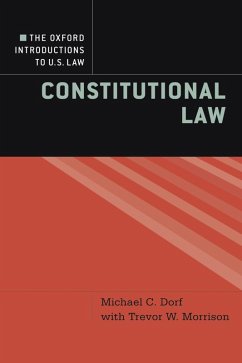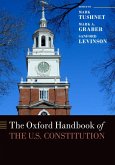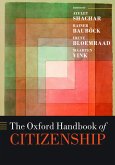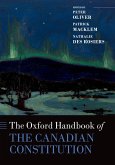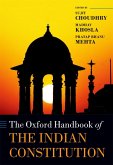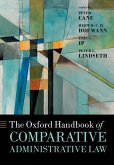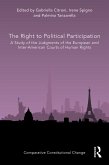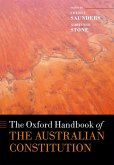The Oxford Introductions to U.S. Law: Constitutional Law presents an accessible introduction to the enduring topics of American constitutional law, including judicial review, methods of interpretation, federalism, separation of powers, equal protection, and individual liberties. One of the most important functions performed by the American Constitution and the more than two centuries' worth of cases interpreting it is the allocation of decision-making. Professor Dorf and Professor Morrison frame many of these constitutional debates with this question of authority. When should courts rule that the Constitution takes some issue outside of the domain of ordinary politics? Should courts referee disputes between the branches of the federal government? Should they referee disputes between the states and the national government? Using what standards? This introduction to American constitutional law critically examines the work of the Supreme Court of the United States, which has resolved thousands of constitutional controversies based on the shortest national constitution on the planet. The authors also look beyond the Supreme Court, exploring the arguments for and against judicial review and various versions of popular constitutionalism.
Dieser Download kann aus rechtlichen Gründen nur mit Rechnungsadresse in A, B, BG, CY, CZ, D, DK, EW, E, FIN, F, GR, HR, H, IRL, I, LT, L, LR, M, NL, PL, P, R, S, SLO, SK ausgeliefert werden.

